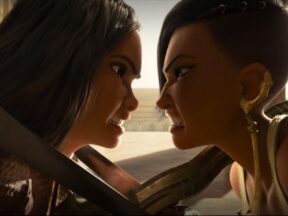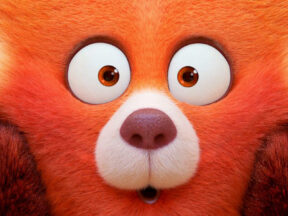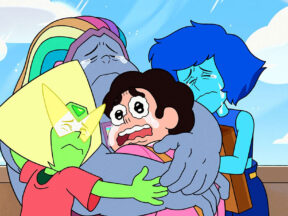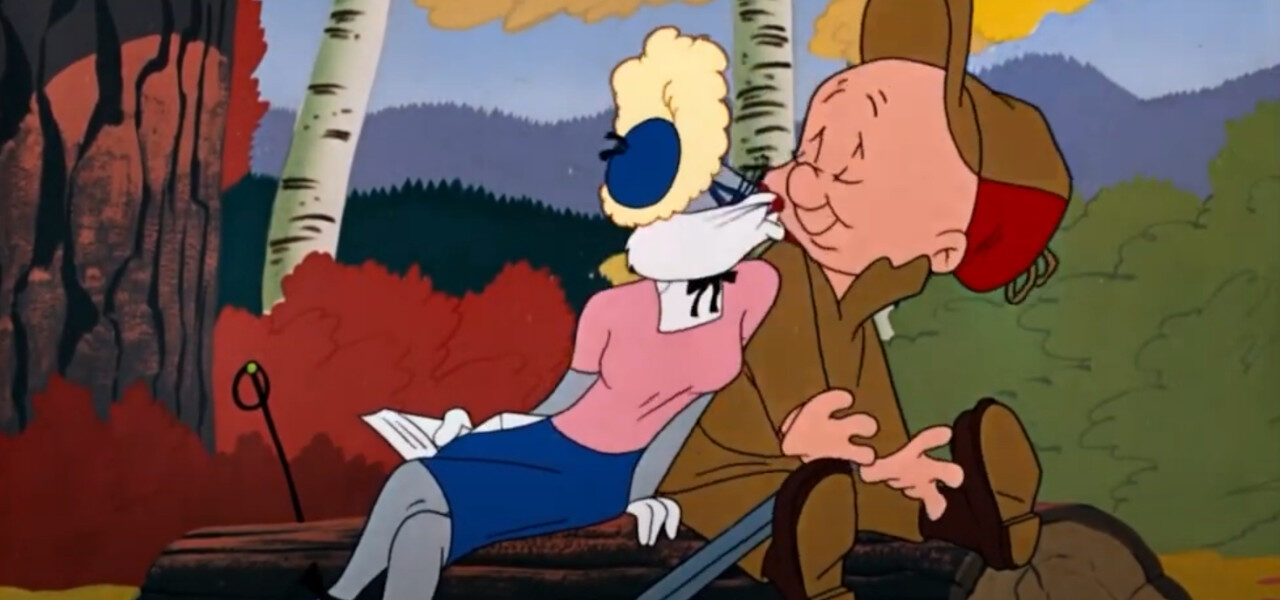
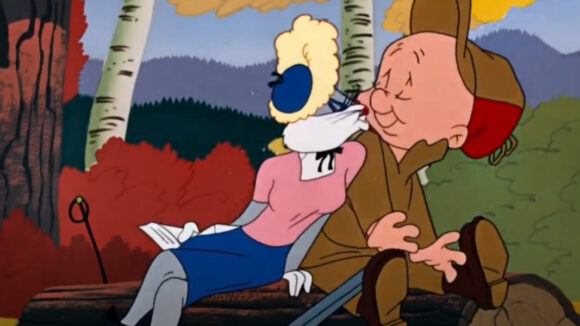
A History Of Queer Representation In American Animation (Video Essay)
As LGBTQ Pride Month draws to a close, we wanted to spotlight an enlightening video on queer representation in animation.
Posted on the Tongal Youtube channel, The History of Queer Animation is an expansive, if not exhaustive, look at queer representation in the medium over the last century. The video was written by Morgan Swank, narrated by Aidan Laliberte, and edited by Bourdon Creative.
After a brief introduction to some early 20th century queer and queer-coded animation, the video shifts its focus to the 1934 Hays Code, a sinister bit of intentionally vague legislation that allowed for extreme censorship of film content. According to the video, all positive portrayals of queer characters disappeared entirely after the code was established, and any characters possessing characteristics that might have been perceived as queer at that time were relegated to villain roles. A notable exception is made for Bugs Bunny.
Deemed unconstitutional in 1952, the code’s impact was greatly diminished and was eventually displaced in 1968 by the new MPAA ratings system.
However, the video argues, the influence of the Hays Code persists today. In an especially interesting segment, it focuses on Disney’s epic run of animated features in the 1990s, and particularly on the queer-coded characters of Gaston and Lefou (Beauty and the Beast), Scar (The Lion King), and Jafar (Aladdin), all villains.
The video also provides a timeline of milestone queer tv episodes, both good and bad, from popular animated series. Shows mentioned include The Simpsons, South Park, Gargoyles, Adventure Time, The Owl House, Steven Universe, Bob’s Burgers, The Legend of Korra, The Proud Family: Louder and Prouder, and Scooby Doo! Mystery Incorporated. It’s also pointed out that since streaming platforms have become commonplace, queer representation has skyrocketed.
Video games, after a quick disclaimer about serious structural problems within the industry, are similarly praised for the long-standing willingness of many developers not to impose limits on gender or sexuality for on-screen characters.
“We have a long way to go, but we’re miles from where we’ve been,” the video finishes optimistically.

.png)
